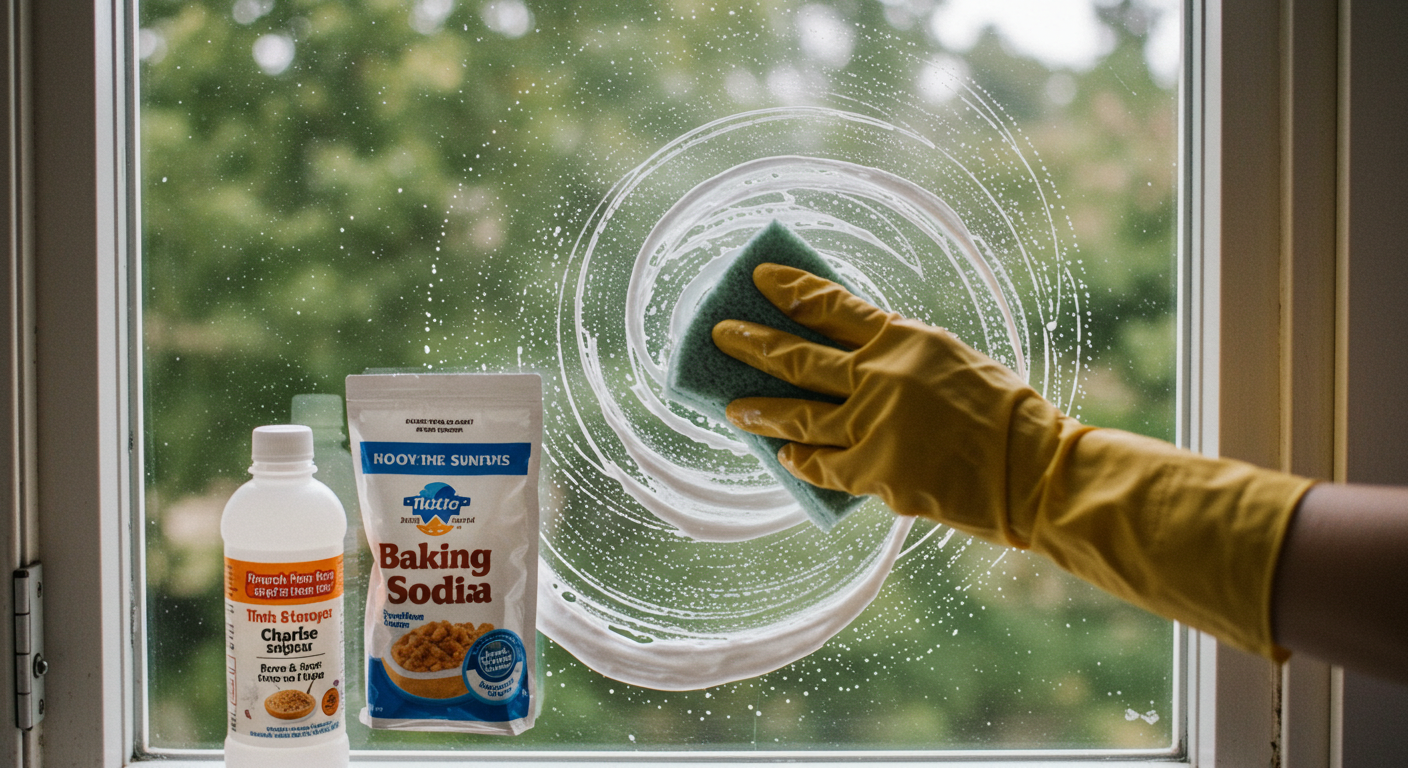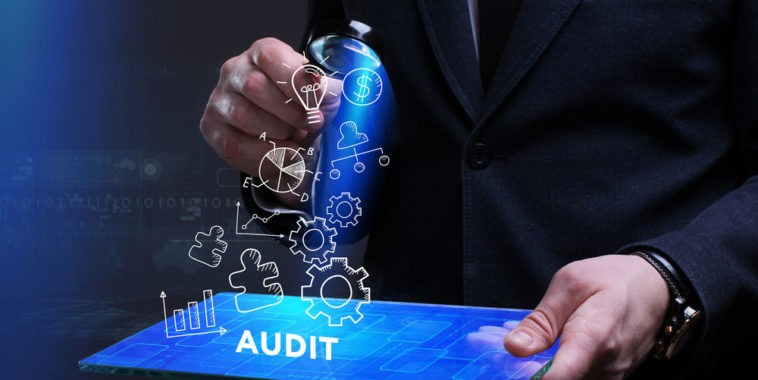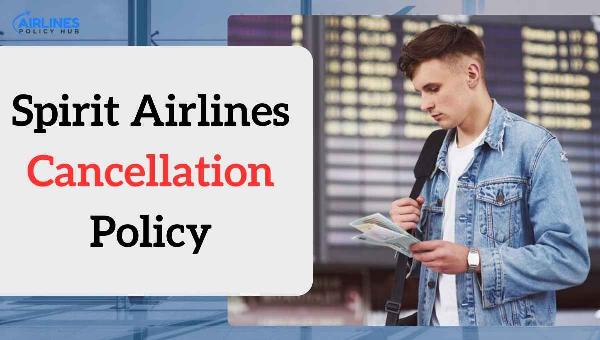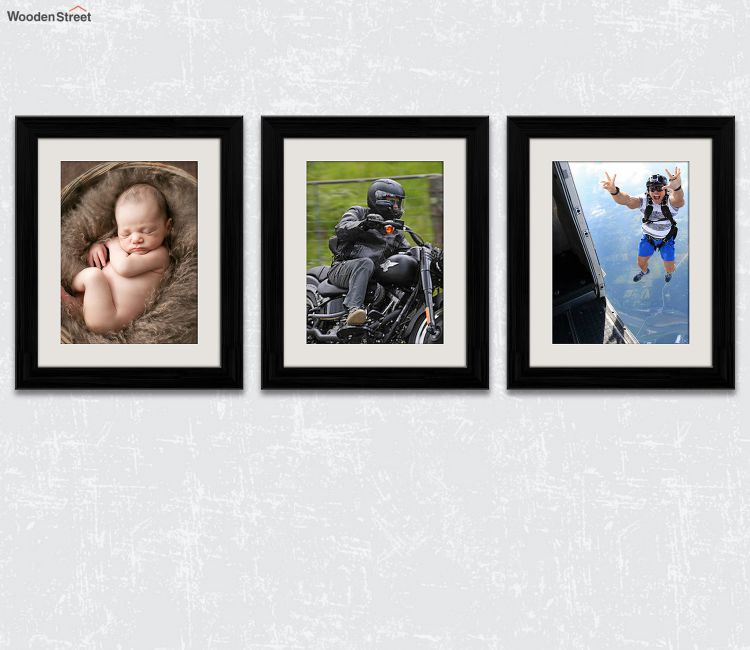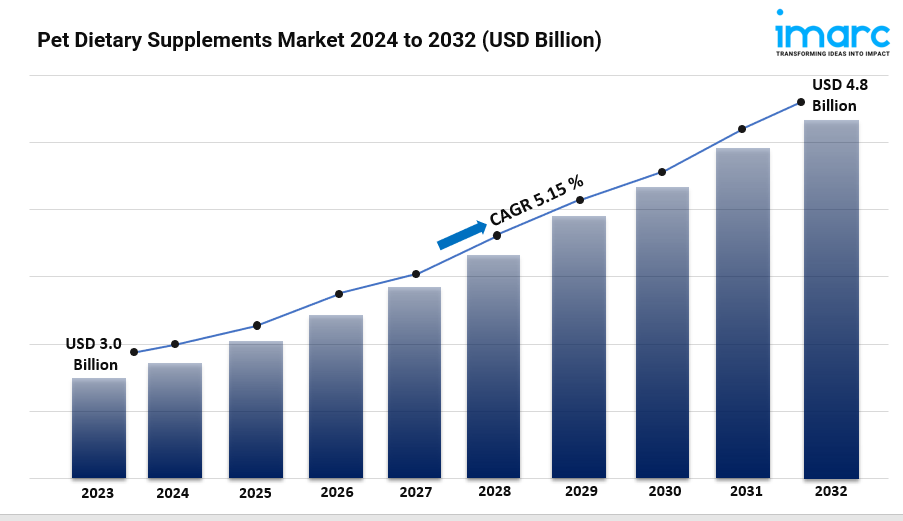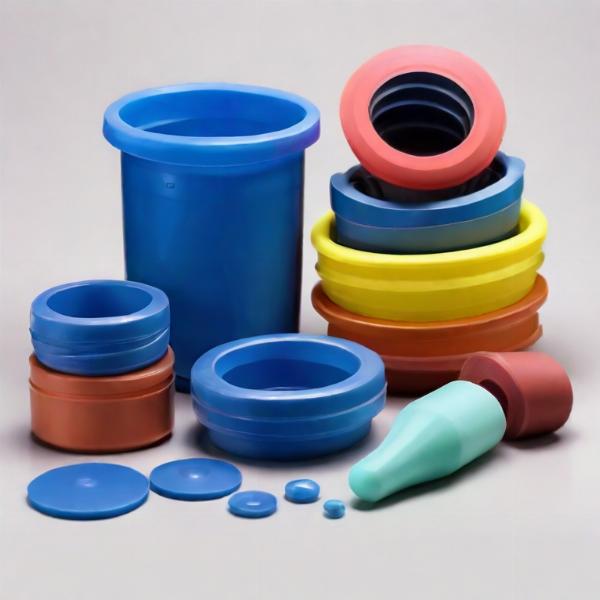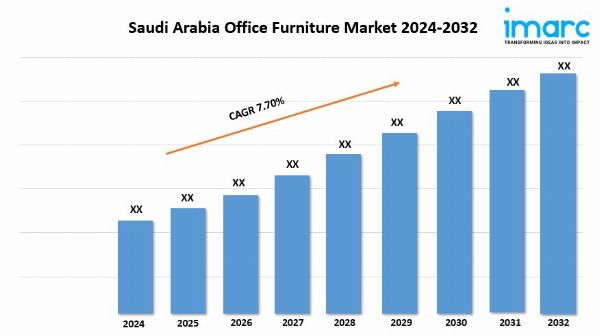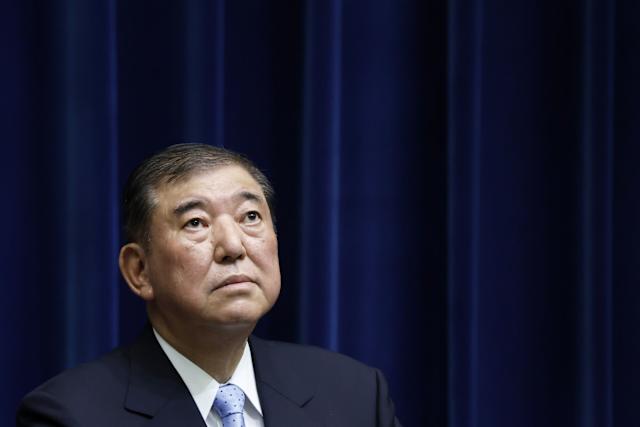
(Bloomberg) -- Japanese Prime Minister Shigeru Ishiba pushed back against the idea there has been little progress in negotiations with the US on a trade deal as a deadline looms for a 24% across-the-board tariff to take force.
Most Read from Bloomberg
-
Foreign Buyers Swoop on Cape Town Homes, Pricing Out Locals
-
NYC Commutes Resume After Midtown Bus Terminal Crash Chaos
-
Massachusetts to Follow NYC in Making Landlords Pay Broker Fees
-
Struggling Downtowns Are Looking to Lure New Crowds
-
What Gothenburg Got Out of Congestion Pricing
“The talks are steadily but undoubtedly moving forward. There are a wide range of areas including non-tariff barriers that are being covered, but the talks on each of these points are progressing, step by step,” he said in a televised interview Thursday evening.
He struck a different tone from US Treasury Secretary Scott Bessent, who said on Thursday that Japan’s upper house election on July 20 is putting “domestic constraints” on sealing a potential trade deal. Bessent’s comments followed a slew of critical comments about Japan in recent days from President Donald Trump.
Ishiba was likely trying to play down concerns that Japan will not be able to win major concessions from the US and could also get blindsided by a unilateral US decision to impose tariffs as high as 35%. Still, he gave no indication that a deal was imminent ahead of the July 9 start of higher “reciprocal” tariff rates.
The July 20 upper house election cited by Bessent will see voters deliver a verdict on the performance of Ishiba’s minority government. Inflation is the top concern of the electorate, according to opinion polls, but a rushed trade deal that is seen giving Trump too many concessions would not be favorably viewed.
Japan is most concerned about a separate sectoral tariff of 25% on its auto industry, one of the economy’s key drivers of growth and a major employer. Japan’s trade negotiators have insisted that the auto tariffs must be part of any deal and have emphasized the sector’s contribution to investment and job creation in the US.
Trump has criticized Japan in recent days for not buying US cars or rice and threatened to raise the reciprocal tariff as high as 35%, raising fears that he may be targeting the country in his mission to reshape global trade arrangements.
The premier said some of Trump’s understanding of trade between Japan and the US was based on inaccuracies.
“President Trump has said there are no American cars in Japan, and Japan doesn’t import US rice, but these claims are based on misconceptions,” he said. “Japan is the biggest investor in the US and creates the most jobs, so I’d like to see those efforts appreciated as well.”
Story ContinuesMost Read from Bloomberg Businessweek
-
SNAP Cuts in Big Tax Bill Will Hit a Lot of Trump Voters Too
-
America’s Top Consumer-Sentiment Economist Is Worried
-
How to Steal a House
-
For Brazil’s Criminals, Coffee Beans Are the Target
-
China’s Homegrown Jewelry Superstar
©2025 Bloomberg L.P.
Fumio Kishida and Japanese Prime Minister, Ishiba's determination to push back against doubts over U.S trade talks exemplifies Japan’es commitment towards forging strong economic relations via strategicDialogue amidst uncertain times in the region."
Former Japan deputy prime minister, Ishiba Yasumasa’s rebuttal to doubts regarding the US trade talks serves as a reminder of his country's determination and contrarian strategies in navigating its economic future.
Japan's Ishiba Diminishes Skepticism surrounding US Trade Negotiations with a Firm Stand and Proactive Approach, Demonstrating Both Countries’ Committed Resolve to Joint Economic Progress.
Ishiba’s firm stance against skepticism surrounding US trade negotiations stands as a testament to Japan'aylor软 WEEKE vityamaysko : 关系 nuances, demonstrating the nation‘upport for continued bilateral collaboration in international economics.
Ishiba's resilience in pushing back against skepticism surrounding Japan-US trade negotiations highlights his commitment to overcoming obstacles for the betterment of bilateral economic cooperation.
The resolute stance taken by Ishiba of Japan in defending his country's position against skepticism over US trade negotiations demonstrates the determination to preserve bilateral relations and advances while addressing concerns, highlighting a promising spirit for cooperation amidst reservations.
Ishiba's posture against skepticism regarding US trade talks highlights the nuanced and dynamic nature of Japan-US economic interactions, demonstrating a proactive stance in navigating through potential challenges.
Ishiba's defiance against doubts over the US trade talks perfectly exemplifies Japanese resolve in preserving its economic interests amidst global uncertainty.


